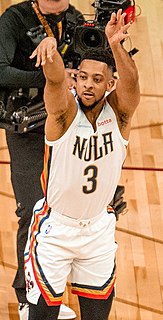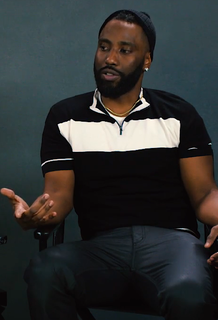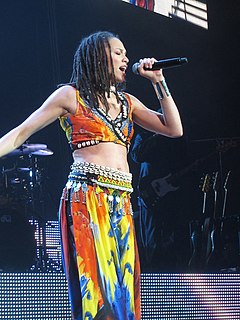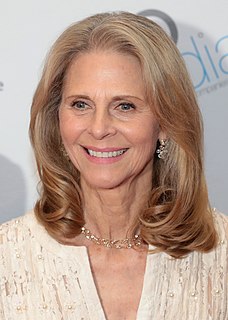A Quote by Cameron Diaz
You have to really be able to trust the director. It's about the filmmaker and whether or not I'm going to be able to have a relationship with them and want to follow them down that road, wherever it may lead.
Related Quotes
I don't ever like to feel myself in the position to demand of an actor that they trust I'm going to do something worthwhile. I feel a responsibility to articulate what it is I'm going to do. Whether that's showing them a full script or sitting down with them and describing my ideas in detail. It's a very healthy burden on me as a film director to be able to articulate what I want to do, to inspire actors, rather than just saying, take it on trust I'll be able to do something worthwhile.
I've had friends who have come away who've said, "I shouldn't have become such close friends with the director." You always want to get on with the director, but I personally prefer a relationship where you respect them - you get on really well with them, but they're boss, as it were. It's about trusting your director, for better or for worse. They're the one's seeing what's coming out on the monitors, so you have to try and trust what they say.
I'm not a real musician. If you give me a bass guitar and you ask me to improvise something, or even be with some musicians and follow them, I wouldn't be able to do it. And I want to change that. I want to be able to be in a group and take my guitar and play with them, without someone showing me, "Okay, you're going to do this and that," because music has always been a big part of my life.
I like working with directors because I'm really opinionated about what things work and may not work, what audiences like and may not like, (not really) but I do have opinions about things. I like to be able to say them and then have them acted on. The director who responds to me like that, always gets my appreciation. I do appreciate it. What I find is the best directors, no matter what kind of name they have, are like that.
To be a great director, what does it mean exactly? It's not only about a great director, but also about being able to rely on the very special chemistry that goes between them. It not only has to be a great director, but the great director has to make his relationship to you, the actor, very special.
No matter what as an artist that's always what you want to do, you want to connect to the audience, you want to be able to send whatever message it is that you're singing about, you want to be able to convey that - and not make them feel - you want them to feel it, you want them to feel what you feel.
The worst part is that if you become part of a major - all these independent labels become farm teams for your corporate parent. Basically, you do all the work for years, blowing up an artist - you discover them, blow them up, you build their fan base. And then that artist is like, "Okay, now I'm here. Now I want more. I want to be bigger." And you're either going to be able to accommodate them, you're going to be able to figure out how to take that step with them, or you're going to lose them.
From making documentaries all these years, it doesn't feel right to lead someone. In narratives, I'm always trying to shoot as though it's really happening, and I trust my actors are going to make decisions that I'm going to be following. I want to follow them. It feels dishonest to be pulling back in that opening shot and leading him to his destiny.


































